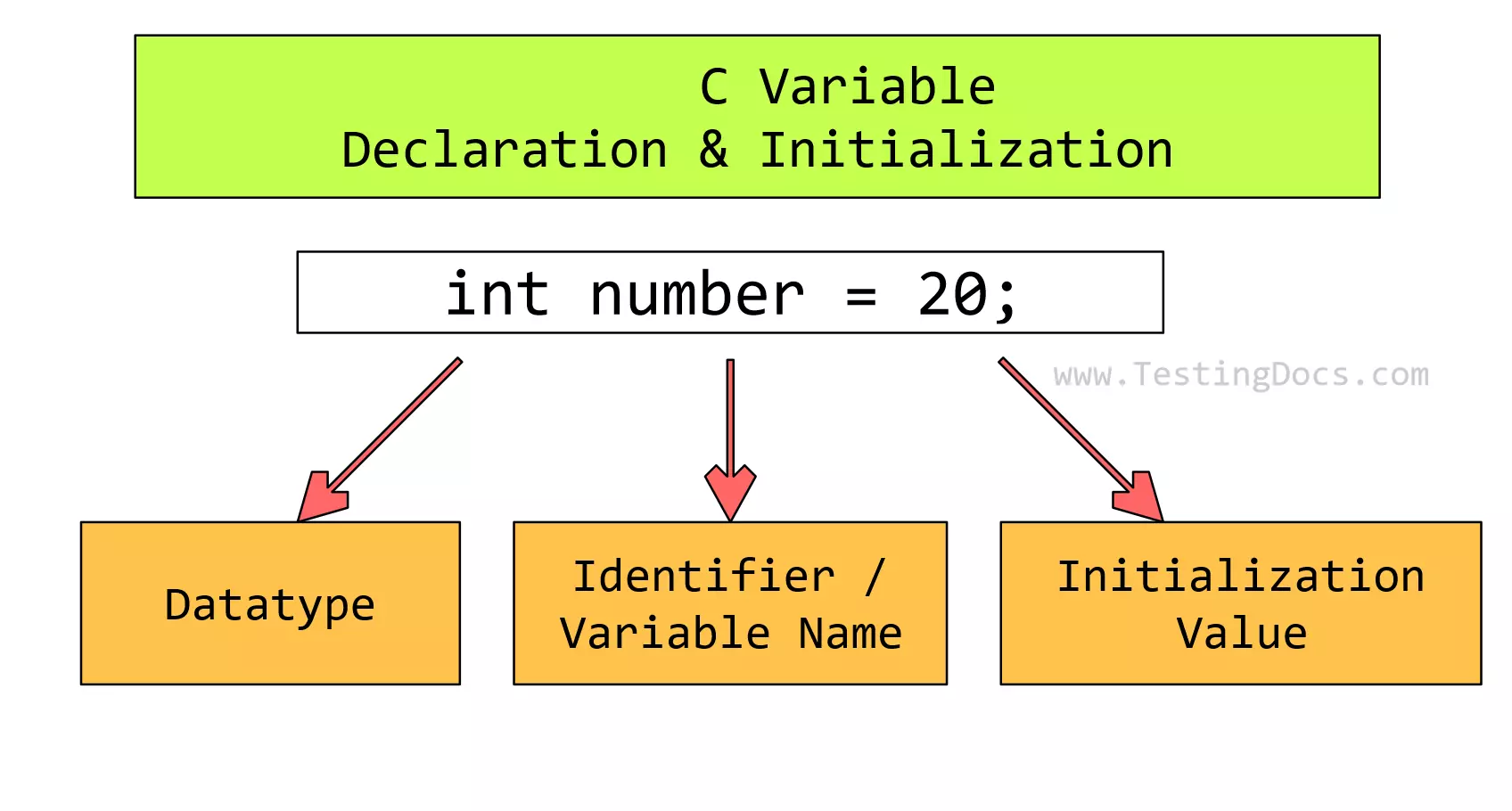C programming language is a powerful tool for software development, and one of the most important features of this language is its use of variables. In this blog, we'll explore what variables in c programming are, how they work, and how to use them in your code.
What is a variable?
In simple terms, a variable is a named storage location in a computer's memory that holds a value. This value can be changed or modified throughout the program's execution, which is why it is called a variable.
A variable can hold different types of data, such as integers, floating-point numbers, characters, and more. The data type of a variable determines the kind of data it can hold, and also affects the amount of memory it occupies.
Declaring a variable in C
Before you can use a variable in your C program, you need to declare it. The declaration tells the compiler the name of the variable, its data type, and the initial value (if any).
Here's an example of how to declare a variable in C:
int age; // declares an integer variable called "age" float salary = 1000.0; // declares a float variable called "salary" and initializes it with a value of 1000.0 char letter = 'A'; // declares a character variable called "letter" and initializes it with a value of 'A' In this example, we declare three variables: an integer called "age," a float called "salary," and a character called "letter." Note that we initialized the "salary" variable with a value of 1000.0, but didn't initialize "age" or "letter." If you don't initialize a variable, its value will be undefined.
Assigning a value to a variable
To assign a value to a variable, you use the assignment operator (=). Here's an example:
age = 25; // assigns the value 25 to the "age" variable In this example, we assign the value 25 to the "age" variable. Now the variable "age" holds the value 25.
Using variables in expressions
Variables are often used in expressions, which are mathematical operations that combine one or more values. Here's an example:
int a = 5; int b = 10; int result = a + b; In this example, we declare two integer variables, "a" and "b," and initialize them with the values 5 and 10, respectively. We then declare another integer variable called "result" and assign it the value of "a + b." The result of this expression is 15, so "result" now holds the value 15.
You can use variables in a variety of different expressions, such as addition, subtraction, multiplication, division, and more.
Conclusion
Variables are an essential part of the C programming language, and they allow you to store and manipulate data throughout your program's execution. By declaring and initializing variables, you can create powerful and flexible programs that can handle a wide range of tasks. With practice and experience, you'll learn to use variables effectively and efficiently, and you'll be able to create complex software that meets the needs of your users.










0 Comments